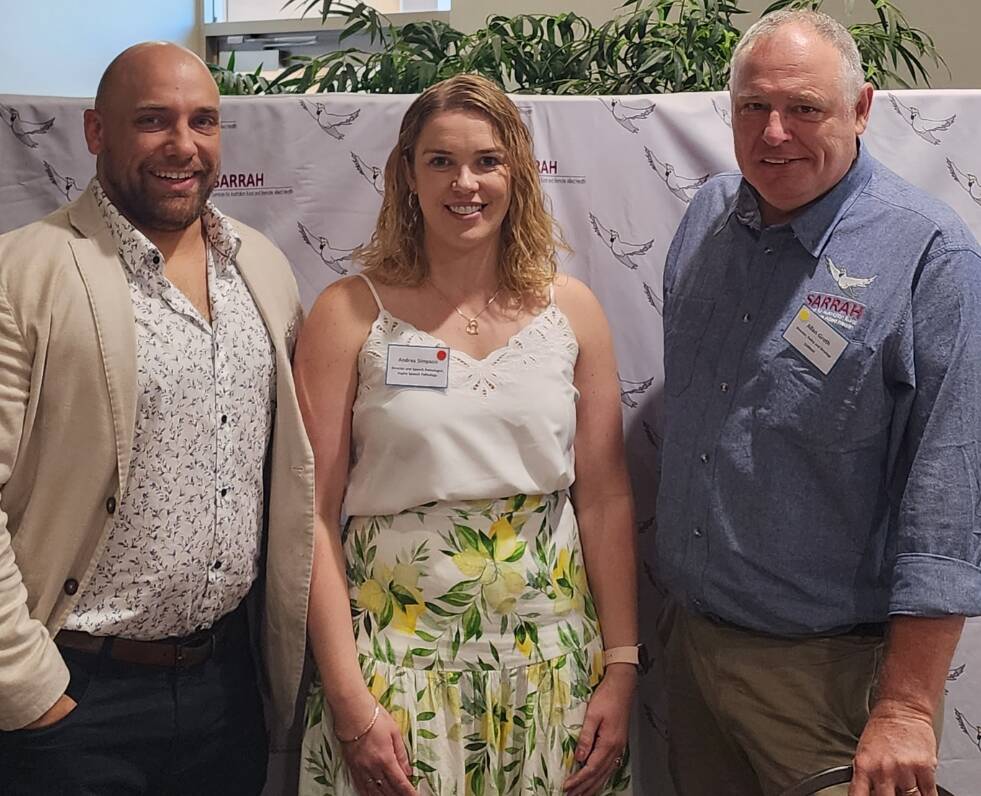
Staff shortages in the allied health sector meant people were increasingly missing out on access to services, a workforce forum in the Hunter was told on Monday.
Hunter MP Dan Repacholi said research had forecast a further 250,000 more workers would be needed to meet demand in Australia's health and social assistance sector by November 2026.
"Around a third of those will be in regional and rural communities and that means thousands of extra jobs in the Hunter. The truth is we need more now," Mr Repacholi said.
"Some jobs require university and others require VET [Vocational Education and Training] qualifications. We need both."
This includes jobs such as physiotherapists, speech pathologists, dieticians, psychologists and occupational therapists.
"We can't produce the workforce overnight, but we can act and get closer than we are now," the MP said.
Services for Australian Rural and Remote Allied Health hosted the forum in Singleton, bringing together people in the health sector, disability services, aged care, education and government.
Chantelle Robards, a Hunter-based allied health specialist coach with Nacre Consulting, said the allied health sector played "an important role" to improve people's health and help them "stay healthy".
"We often prevent people ending up in hospital and we can keep older people in their homes for longer," Ms Robards said.
She added that the sector had a "massive role in the NDIS and supporting people with disabilities".
"The workforce shortage is absolutely critical right now. This issue is becoming bigger and more problematic, which is preventing access to services."
Ms Robards said it was possible that people leaving the mining workforce in the years ahead could move into the allied health sector.
"We need a bit of government help and innovative thinking to approach this problem because it's not going away."
She said it usually took four years for people to get an allied health degree at university.
"Graduates come out and still have a long way to go before they're working at their absolute best," she said.
She said the allied health sector could become more efficient with better co-ordination.
"We've been focusing on building an assistant allied health workforce in the last few years."
Professionals in the sector can delegate jobs to assistants, leaving more time for complex jobs that "require higher level clinical skills".
Joshua Simpson, business manager with the Hunter-based Aspire Speech Pathology, highlighted the "mobile services" his business provided in schools as a "passion project".
"They're a great outreach service for the community. We're able to reach upwards of 300 to 400 students," Mr Simpson said.
"Given the staff shortages, incredibly long waitlists in the public system and cost of private services, it is a way that the government system can have services provided to a large number of children."





.jpg?w=600)

